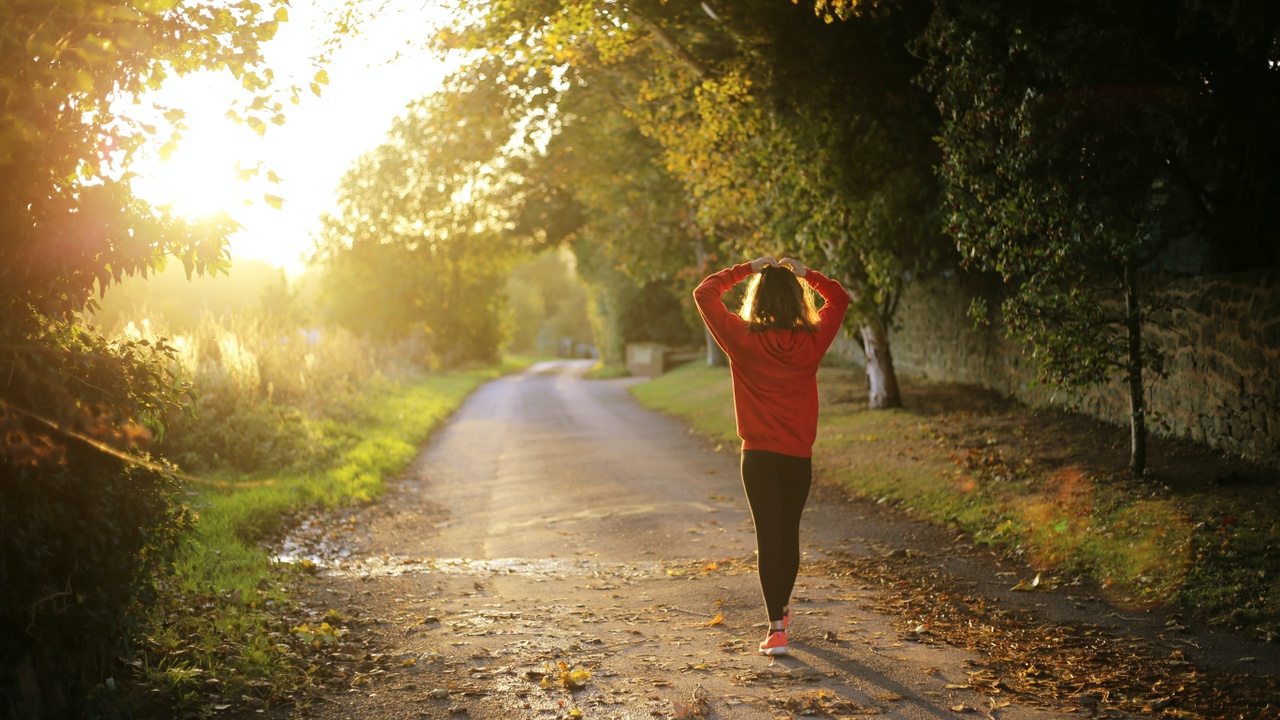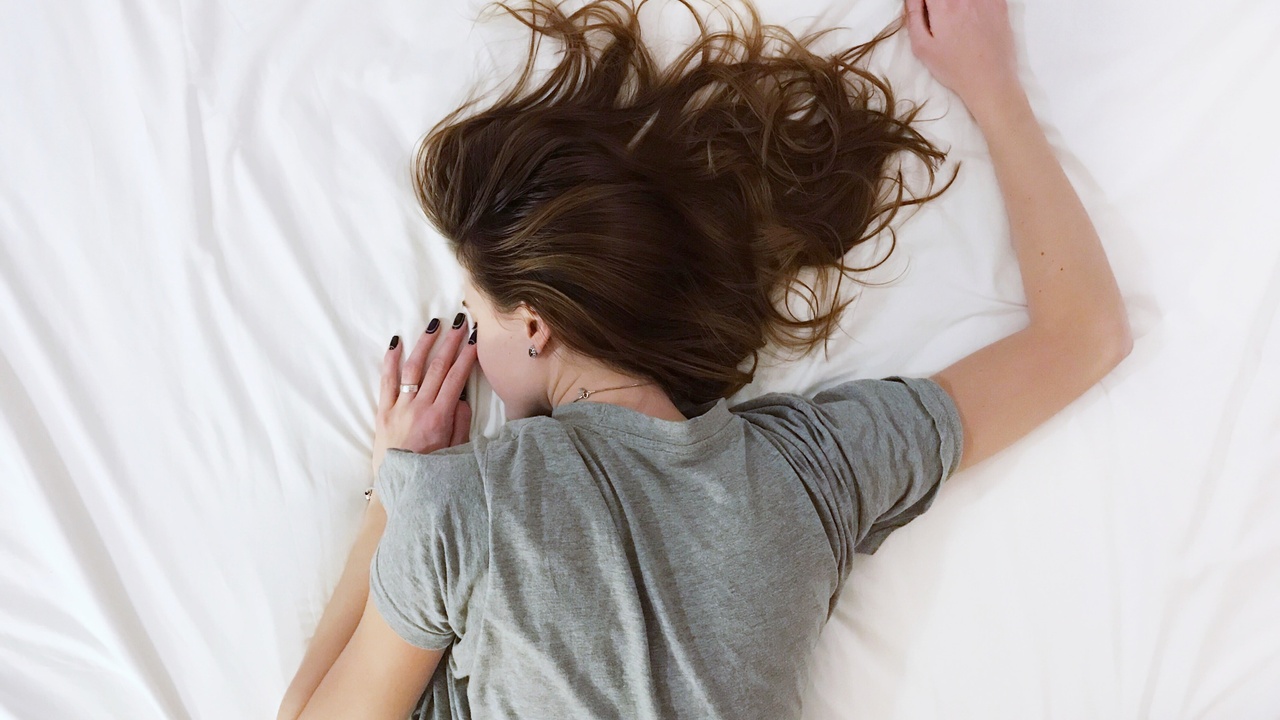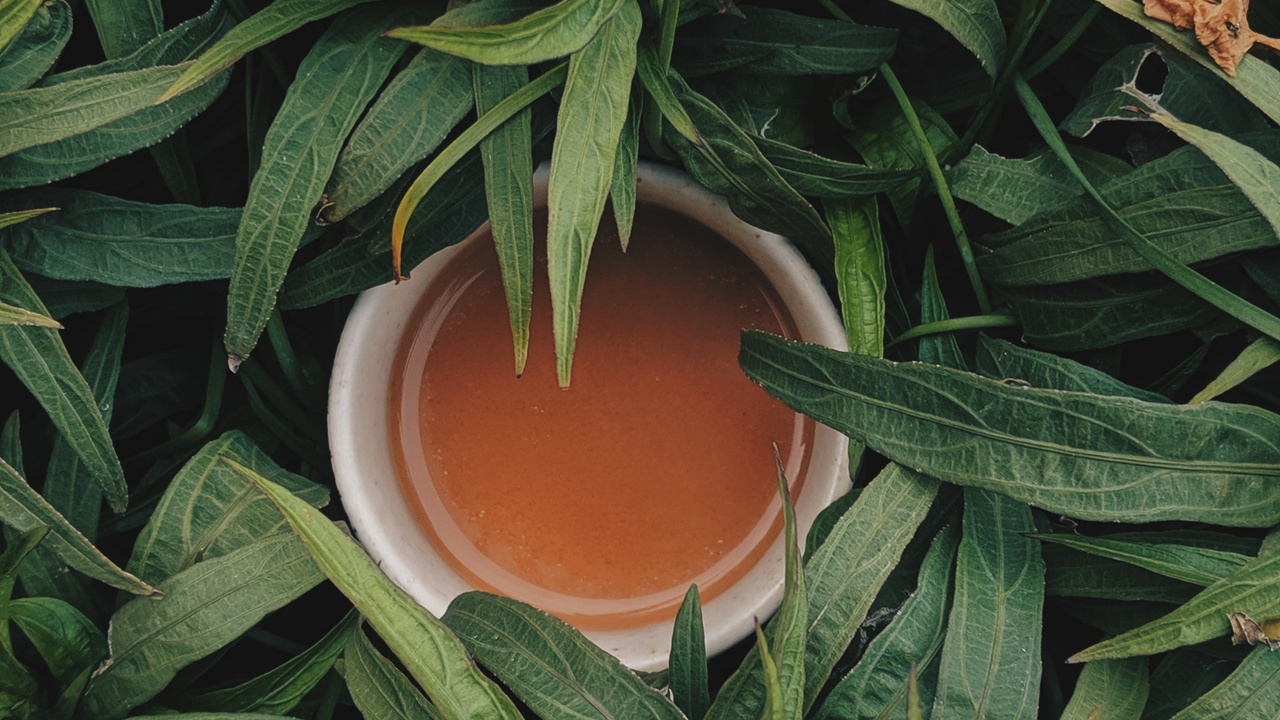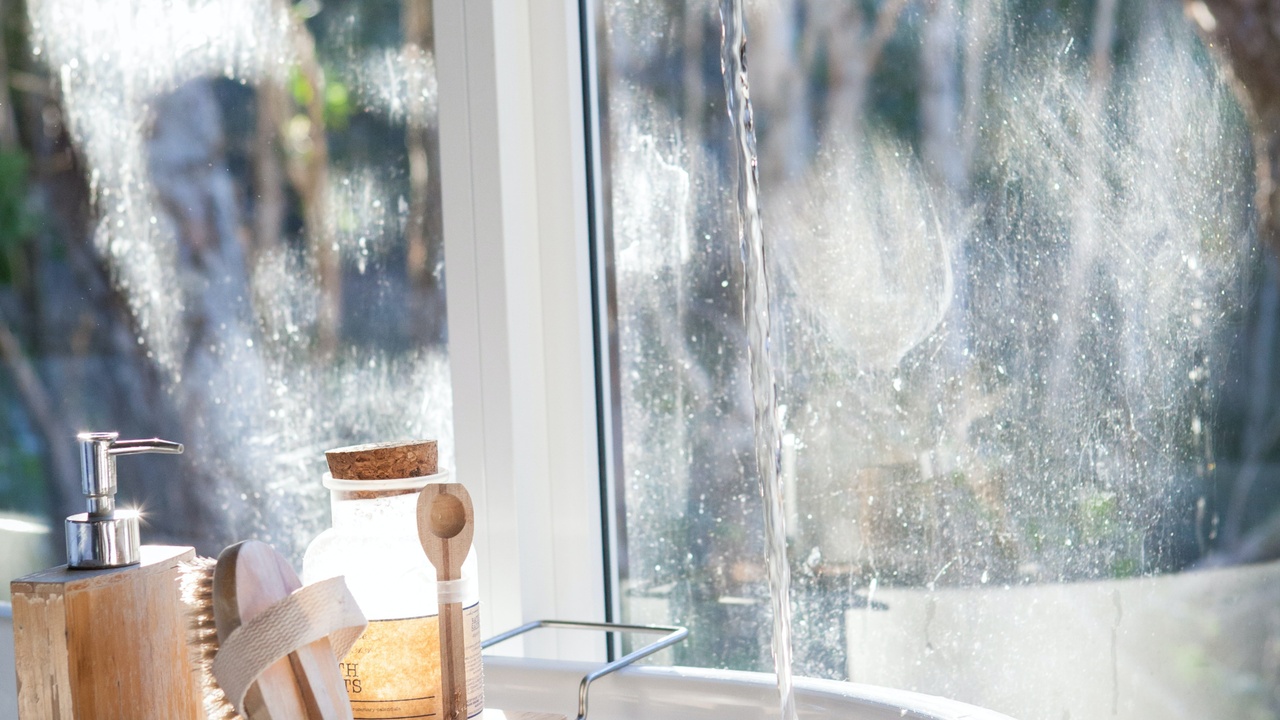First published at Yogamatters.com
Finding calm in life can seem more and more elusive in our busy, often oversubscribed lives. Our expectation of how much information we can take in and how much we achieve is often at odds with the recovery our bodies and brains really need to function optimally and feel a sense of ease in our immediate environment.
We humans are characterised by the capabilities of our big front brains, the central cortex with its frontal lobes allows us to dream, imagine, create, plan, analyse and use language. When calm and relaxed, these functions can tick along and allow us to move through life joyfully, but when stress or anxiety rise, we move into the survival fight-or-flight mode and our whole relationship with the world around us changes.
Stress can have us feel like we’re living ‘neck-up’, where thoughts, ruminations and worries dominate our internal landscape. This is a fall-back to the self-protection our mind-body perceives we need, even if we’re stres...
Stress is a common factor in everyday life, but it is important to not define this as simply bad, but rather examine our responses to challenges and the number of things ‘to do’ that we may habitually take on – or not say no to!
The nature of stress in the 21st century (in developed countries) isn’t so much about everyday survival and physical hardship, yet we still respond in the full physiological fight-or-flight way even if we’re wound up about the email influx, worried about paying the bills or having relationship woes. Finding ways and the time and space to come down from these heightened responses can create a day-to-day life where demands can seem less threatening, reactions less well, reactionary and a sense of easy come/ easy go more possible it. It is this adaptability and resilience that shows how well we are able to cope and when it feels frazzled and low, how much we need to nurture the sense of safety and gathering resources that we need to feel life is joyous, rather th...
We all know that quality of sleep the night before can have a huge influence of how we feel and behave the next day. On average, humans spend nearly two-thirds of their lives asleep and this is time well spent. The rejuvenating effects of sleep are not so much about time with eyes closed in bed, but the quality spent there.
Sleep is a state of altered consciousness, where we drop into brain cycles where we have a relatively low sensory relationship with the external world. Nearly all of our voluntary muscles – the ones we can control to move around – are inhibited and we move between two distinct states; REM (Rapid Eye Movement) and non-REM sleep.
During both waking and sleeping, our brains run through 90 minute cycles – these are similar, but obviously the night-time ones involve dropping down deeper into unconsciousness. In sleep, within this period, there are four stages of non-REM sleep (about 75% of the night), followed by REM, which gets longer each time throughout the night, w...
Spontaneous Physical Activity
We can tend to place physical activity purely into the category of exercise and like many aspects of modern life, domesticate it into specific, corralled time slots. When we add this into sedentary tendencies to sit down all day, this all-or-nothing approach to movement can be jarring (and felt as such into areas like the lower back and knees) and does not move tissues and fluids around the body as designed.
One of the downsides to the rise of gym culture is that, having worked out a couple of times a week, people may think being sedentary the rest of the time is okay. The reality is that this sudden shift from 0–100 miles an hour can shock the body and cause the very stress we’re trying to avoid. We need to move regularly throughout the day – ideally a little every hour. This movement is often referred to as Spontaneous Physical Activity (SPA) or sometimes ‘incidental’ or exercise, as it’s simply about moving more in the context of your day – wherever ...
“Let food be thy medicine, and let medicine be thy food” – Hippocrates
In my blog series on Respiratory & Immune Support at Home, so far we have looked at your capacity for self-care, focus on the breath and focus on lifestyle factors to do at home. In these blogs, we have covered:
- Our respiratory system and the importance of creating energy in each of our cells.
- Our immune system – how we can help our bodies to work in harmony to be able to operate a defence system against invaders.
- Breath awareness and how every single time we inhale or exhale, each of these actions is directly linked to our immune system.
- Different types of breath and the beneficial impact they have on us, e.g. nasal breathing, mouth breathing and diaphragmatic breathing.
- The all-important factor of oral hygiene, lymphatic health and stress reduction to aid our bodies’ self-defence capacity.
This week we are looking at diet and how the food and drink we consume can support our overall health and immunity....
If you were one of those with more time to spend at home and reflect on previous habits, you may have been including self-care practices that reconnected you with your body and nature. There has been some ‘official’ talk of the importance of supporting immunity through diet and exercise, but with the focus on ‘fighting the virus’ has in many ways taken the focus away from this opportunity to understand the nature and needs of our innate immune system.
Viruses are always part of the world we live in and how we support our innate immunity is part of the call to eat, move and breathe as close to our natural design as possible. That means tuning into health not as an action (something ‘to do’), but rather an opportunity to focus inwards and find the rhythm and flow of how all of our natural defences work.
From our oral, lung, skin and gut microbiome, to our emotional states to bring down inflammatory tendencies; we can have a profound involvement with our immune expression. Cultivating c...
For those of you reading this blog during the coronavirus outbreak, my aim is to give you some useful information to help your support your optimal health. This applies during this time, but is also important on a daily basis – our respiratory and immune health can determine our quality of life. Self-care is a key part of the kind attention and self-compassion that gives us the resources to be able to care and look out for others.
It can also provide reassurance that you are taking the self-protective action that can help quell a sense of fear that can come from feeling out of control. It is important to be able to sit with and meet feelings of vulnerability (please see Brene Brown’s work on this!); we can notice what we can control, so we can develop some ease and adaptability around that which we cannot.
This ease and calm within the nervous system (and therefore the whole mind-body) is a crucial part of immune and respiratory health. This calm parasympathetic tone of the nervous s...











